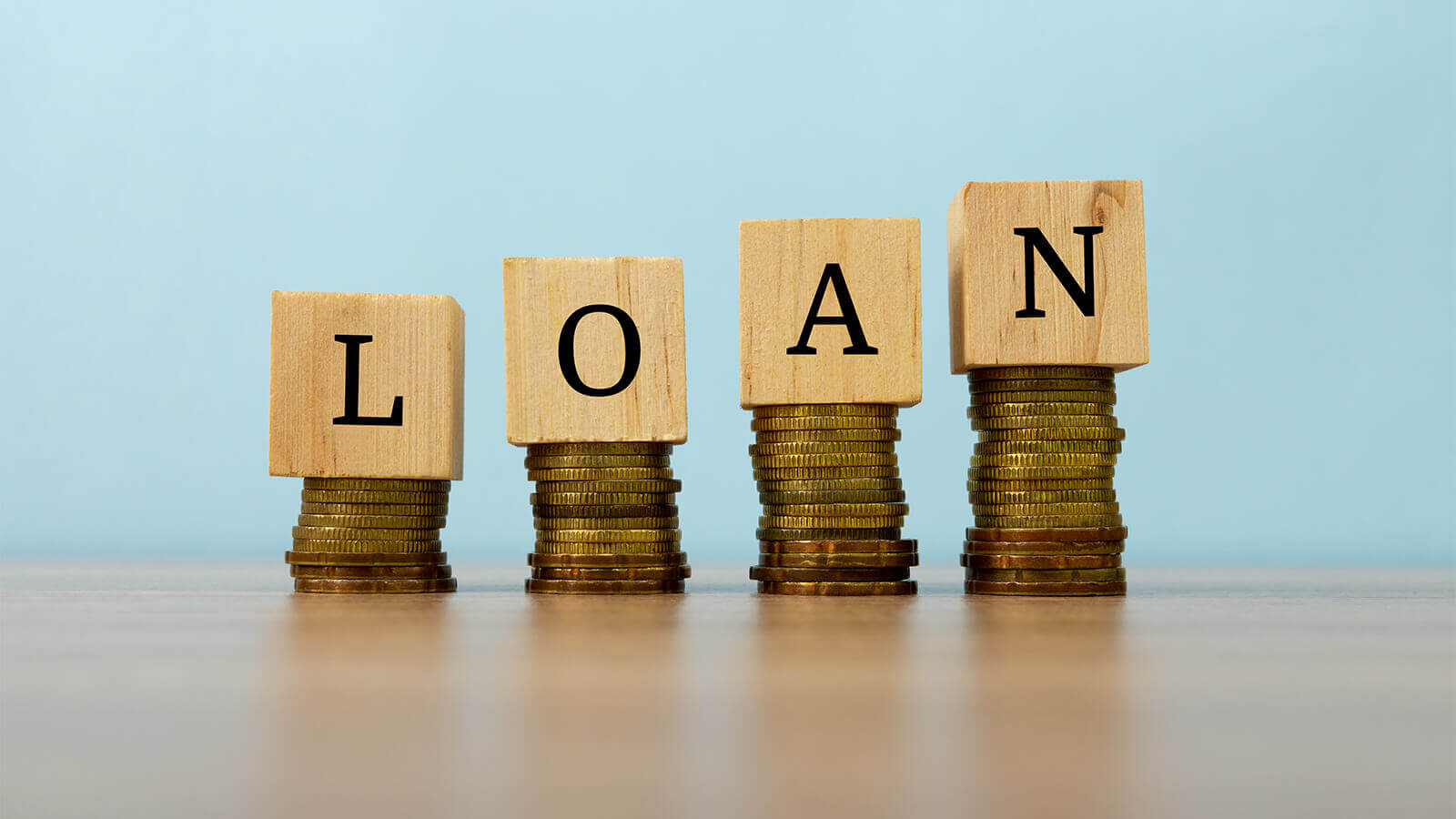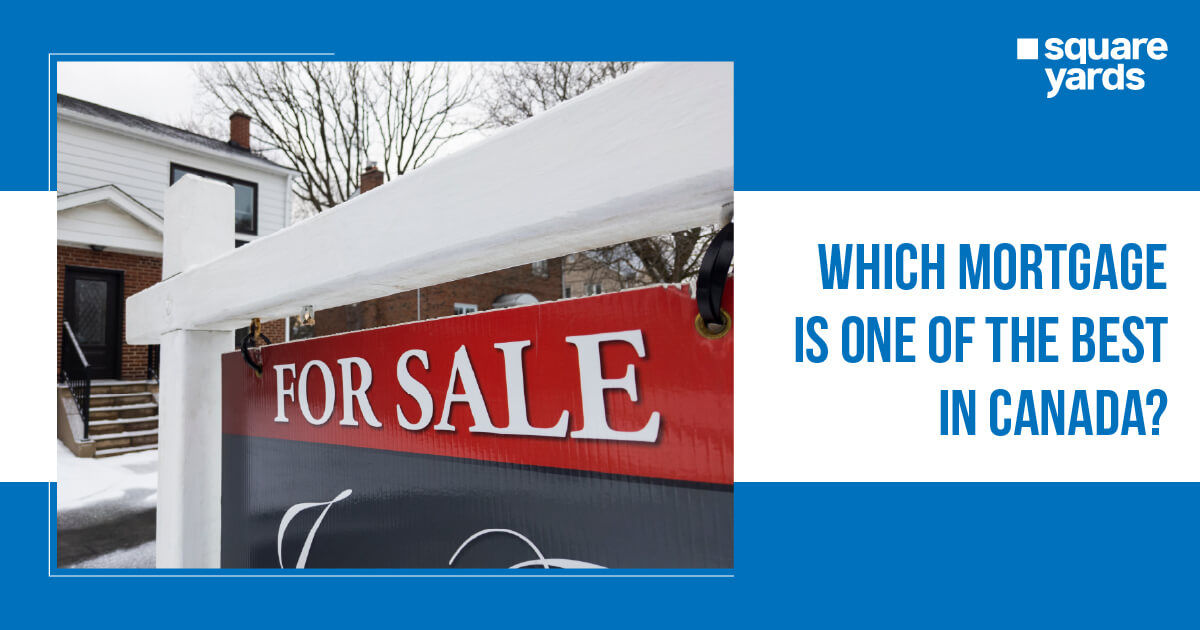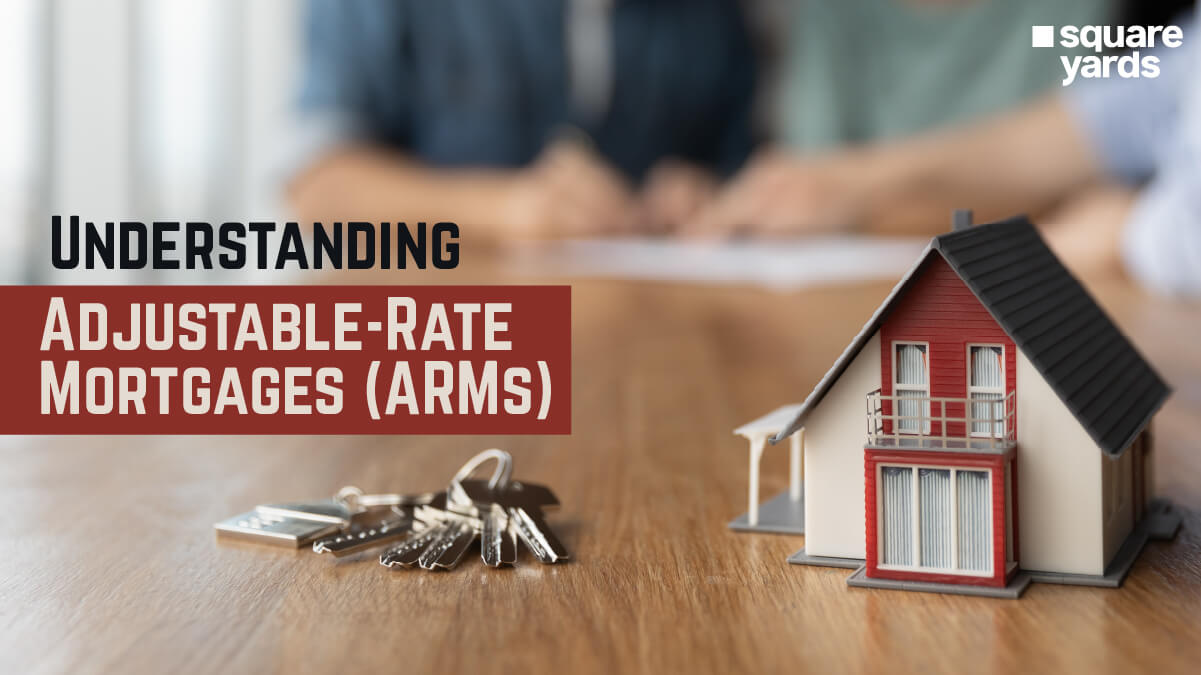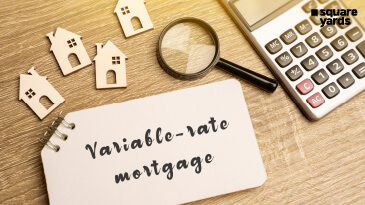The home loan process in Canada can seem daunting, especially if you’re a first-time home buyer. With so many different types of loans in Canada, it takes time to figure out where to start. In this blog post, we’ll help you navigate how to apply for a loan in Canada and Canada mortgage rates so that you can find the best home loan for your requirements!
Types of Loan : Closed, Open And Convertible
Three main types of home loans are available in Canada : Closed, Open, and Convertible. Each type has its benefits and drawbacks, so choosing the right one is vital when applying for a loan in Canada.
-
Closed Loans
- Closed loans have fixed interest rates and terms. This means that you’ll know exactly how much you’ll need to pay each month, and the loan will be paid off within a specific time frame. The main advantage of a closed loan is that you won’t have to worry about interest rates going up over time. However, the downside is that you may only be able to make extra payments or pay off the loan after incurring penalties.
-
Open Loans
- Open loans have variable interest rates. This implies that your monthly payments can go up or down depending on changes in the market. The main advantage of an open loan is that you can take advantage of lower interest rates if they happen to drop. However, the downside is that you could end up having to make higher monthly payments if rates go up.
-
Convertible Loans
- Convertible loans are a combination of both closed and open loans. They start as closed loans with fixed interest rates, but after a certain time (usually five years), they convert to open loans with variable rates. This gives you the stability of a closed loan for the first few years, followed by the flexibility of an open loan later on.
Interest Rates : Fixed and Variable

If you’re looking for a home loan in Canada, you’ll need to decide whether you want fixed or variable Canada mortgage rates. Canada mortgage rates have pros and cons, so it’s important to know the difference between them before making a choice.
-
Fixed Interest Rates
- Fixed Canada mortgage rates stay the same for your loan, so your monthly payments will always be the same. This can make budgeting easier and assures you of knowing exactly how much you’ll need to pay each month. The downside is that if interest rates go down, you won’t be able to take advantage of the lower rates.
-
Variable Interest Rates
- Depending on market conditions, variable Canada mortgage rates can change, so your monthly payments may go up or down. This means you could end up paying more or less than you originally anticipated. The upside is that if interest rates drop, your payments will also decrease.
Ultimately, the best type of interest rate for you depends on your circumstances and financial goals. If you’re comfortable with some uncertainty, a variable rate may be the way to go. But a fixed rate may be better suited if you prefer stability and predictability.
Requirements For Getting a Mortgage

While the interest rates and the type of loan may vary, a few requirements must be met to get a mortgage in the Canadian market. These include :
-
- Meet the minimum credit score : When applying for a traditional Canada mortgage rates, the minimum credit score required is 620, but if you want to acquire a loan guaranteed by the government, such as an FHA loan, the minimum credit score required is 580.
- Sufficient funds saved for a deposit : The minimum amount required for a down payment on a traditional mortgage is 5%, whereas the minimum amount necessary for a down payment on a loan guaranteed by the government is just 3.5%.
- A consistent income : Before extending credit to you, lenders want to ensure that you have a reliable source of income and a job.
- A healthy ratio of debt to income : Your debt-to-income ratio is calculated by dividing your total debt by your gross monthly income. To qualify for traditional mortgages, your debt-to-income ratio must be lower than 43%. Concerning loans guaranteed by the government, your debt-to-income ratio might be as high as 50%.
- An emergency fund : Your reserves are the cash you have stored up that may be used to make your mortgage payments in the event of an emergency, such as the loss of your employment or unforeseen medical expenditures. Lenders generally need a reserve amounting to two months’ worth of payments.
Along with these requirements, there are certain documents that you will need to get a mortgage in Canada. These include :
-
- A valid Canadian passport or permanent resident card
- Your most recent notice of assessment from the Canada Revenue Agency
- Proof of employment (e.g. pay stubs, offer letter, etc.)
- Proof of other income (e.g. child support, investment income, etc.)
- Proof of assets (e.g. bank statements, investment accounts, etc.)
- A signed purchase and sale agreement for the home you are looking to buy
Steps on How To Apply For a Loan

The frequency of your loan payments depends on your loan type. For example, a standard variable-rate loan may have monthly, fortnightly or weekly repayments, while a fixed-rate home loan usually has monthly repayments.
Here are the steps on how to apply for a loan payment frequency :
-
- Know Your Budget : The first step to finding the best home loan is knowing how much you can afford. Use a mortgage affordability calculator to help you determine what your maximum borrowing power may be.
- Shop Around : Once you know how much you can afford to borrow, it’s time to start weighing your options for the best deal. Be sure to compare interest rates, terms, and conditions from various lenders before making your final decision.
- Get Pre-Approved : Getting pre-approved for a home loan will give you peace of mind when making an offer on a property. It will also let the seller know that you’re a serious buyer who is financially capable of completing the purchase.
- Choose The Right Loan Type : There are many different home loans available, so you must choose one that best suits your needs and financial situation. Talk to your lender about which loan type would be right for you.
- Submit Your Application : It is time to submit your application to your lender after determining the appropriate loan for your needs and locating the most favourable interest rate. Be sure to include all of the requested documents to have your application approved as fast as possible.
- Wait For Underwriting : The next step in the process is known as underwriting, where the lender reviews your application and decides whether or not to approve it. This can take a few days or even weeks, so be patient!
- Close on Your Loan : Following the approval of your loan application comes the closing process, which entails signing several documents.
Payment Frequency
The frequency of your mortgage payments can greatly impact the total interest you pay over the life of your loan. There are a few different options regarding payment frequency; which is best for you will depend on a few factors. Here are the most common payment frequency options available:
-
- Monthly : This is the most common payment frequency, and with good reason. Monthly payments make budgeting easy and allow you to make extra payments when you can afford them.
- Accelerated bi-weekly : With this option, you make 26 payments per year (the equivalent of 13 monthly payments). This can save you thousands in interest and help you pay your mortgage faster.
- Weekly : Like accelerated bi-weekly payments, weekly payments also allow you to make one extra payment per year. This can be a great option if you get paid weekly and want to align your mortgage payments with your paycheque.
- Accelerated weekly : This is similar to accelerated bi-weekly payments but with 52 payments per year (the equivalent of 26 bi-weekly or 12 monthly payments). If you can swing it, accelerated weekly payments can save you a ton in interest and help you become mortgage-free even sooner.
Amortisation Period and Term
The amortisation period is the time it takes to pay off your mortgage, while the term is the length of the contract with your lender. Your monthly payments are calculated based on the amortisation period so a longer one will result in lower monthly payments. However, you will pay more interest over the mortgage life if you have a longer amortisation period.
The term of your mortgage is also important to consider. You can negotiate a shorter term with your lender if you have a good credit score and strong financial history. A shorter term means you’ll pay off your mortgage sooner, but your monthly payments will be higher.
When choosing an amortisation period and term for your home loan, it’s important to consider your financial goals and situation. A longer amortisation period may be best if you’re looking for lower monthly payments. But if you want to save money on interest and pay off your mortgage faster, a shorter term may be the right choice.
Wrapping Up
Buying a home is a huge step in a person’s adult life. It should be ensured that this step is taken with the utmost consideration. It would be best if you considered all your options regarding the properties available and the countless home loan options available in Canada. Before committing to a loan, evaluating the interest rates, fees, and terms and conditions is important.
Banks, credit unions, and various financial institutions provide helpful mortgage loans. Once you’ve found the perfect home loan, stay on top of your payments and keep your credit score high to ensure a successful future purchase.
You May Also Know :
| Vacant Land Mortgage | How To Apply For Vacant Land Mortgage |
| Reverse Mortgage Loan | 6 Best Alternatives To reverse Mortgage Loan |
| Real Estate Mortgage Process | Guide To Real Estate Mortgage Process |
| Credit Score For a Mortgage | All About Credit Score For a Mortgage |
| Personal Loan in Canada | Apply For Personal Loan in Canada |
| Small Business Loan in Canada | How To Get Business Loan in Canada |
Frequently Asked Question (FAQs)
How to find the best deal on a mortgage in Canada?
You can do a few things to ensure you get the best deal on your mortgage in Canada: Shop around and compare rates from different lenders. Make sure you understand all the terms and conditions of the mortgage, including the interest rate, before signing anything. Ask for a lower interest rate if you have good credit. Consider refinancing if you can get a better deal elsewhere.
Should I hire a mortgage broker?
There are several reasons to hire a mortgage broker when looking for the best home loan in Canada. A mortgage broker can guide you through shopping for the best rates and terms and providing valuable advice. They can also help you to negotiate with lenders and to find the right mortgage product for your needs.
Adjustable Rate Vs. Fixed Rate – Which should I choose?
Regarding home loans, there are two main interest rates: adjustable and fixed. Both have pros and cons, so it's important to weigh your options before choosing one. Adjustable-rate mortgages (ARMs) typically start with a lower interest rate than fixed-rate mortgages, but the rate can change over time. This makes ARMs ideal for borrowers who expect to move or refinance before the end of the loan term. Fixed-rate mortgages offer stability and predictability since the interest rate will never change during the life of the loan. This makes fixed-rate loans a good choice for borrowers who plan on staying in their homes for many years.
Will I get new interest rates on a modified Loan?
If you are considering modifying your home loan, it is important to understand how this may affect your interest rates. While your interest rate will not necessarily change when you modify your loan, it could increase or decrease depending on many factors. These include the type of modification you seek, your current loan terms, and market conditions. Before making any decisions, you must speak with your lender about all these factors.
What are the new rules for mortgages in Canada?
As of January 1, 2018, the new rules for mortgages in Canada are as follows: The minimum down payment for an insured mortgage is 5% of the first $500,000, 10% of the next $500,000, and 20% for any amount over $1 million. All borrowers must qualify at the Bank of Canada's benchmark rate even if they intend to negotiate a lower rate with their lender. The maximum amortisation period is 25 years. The maximum amount you can borrow is your home's purchase price plus the lesser of $25,000, or 5% of the purchase price.
What is most important when getting a home loan?
When looking for a home loan, it is important to compare interest rates, fees, and features from different lenders. It is also important to ensure that you understand the terms and conditions of the loan before signing up for it.











